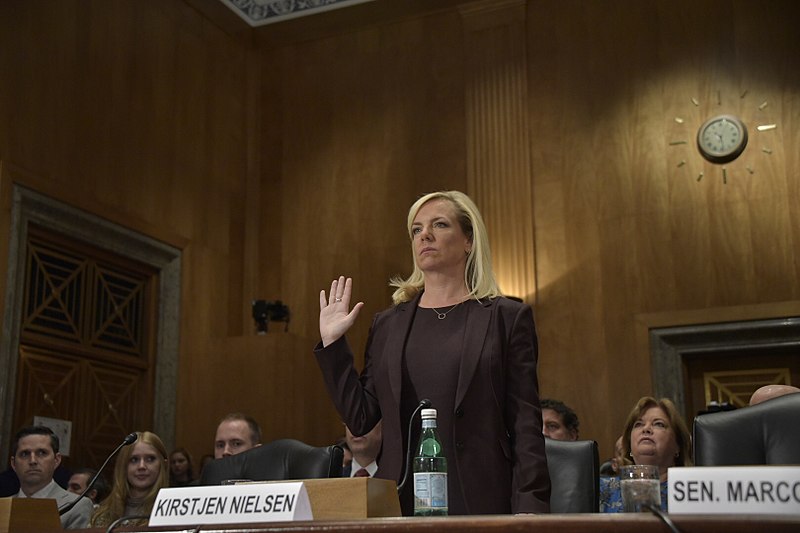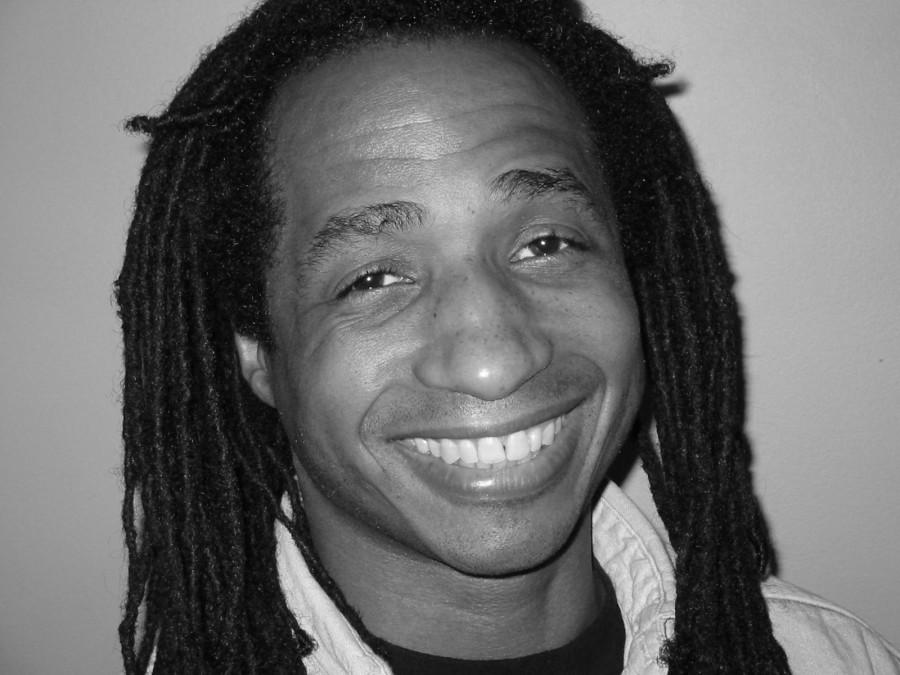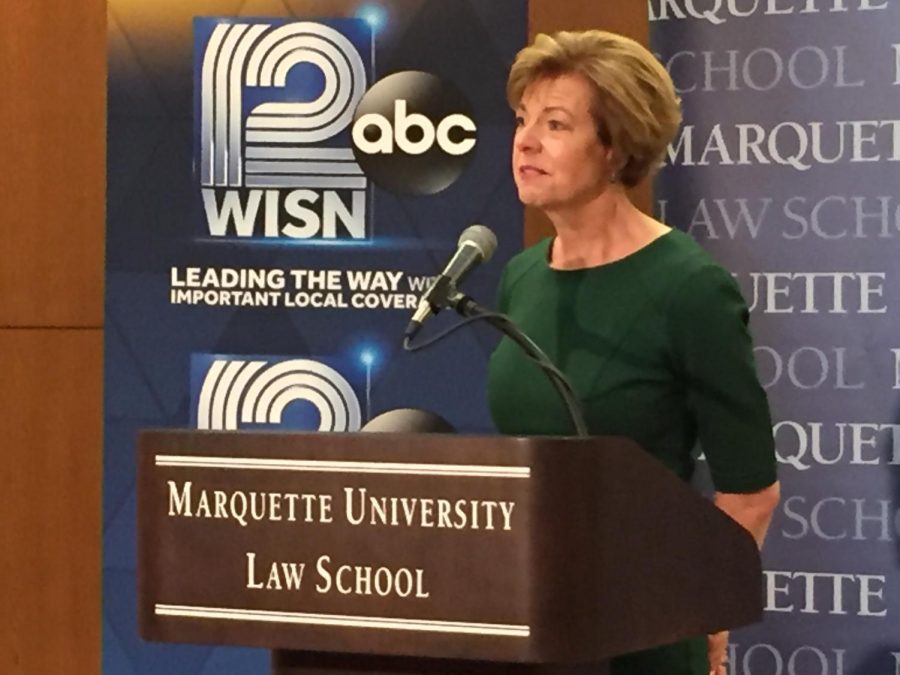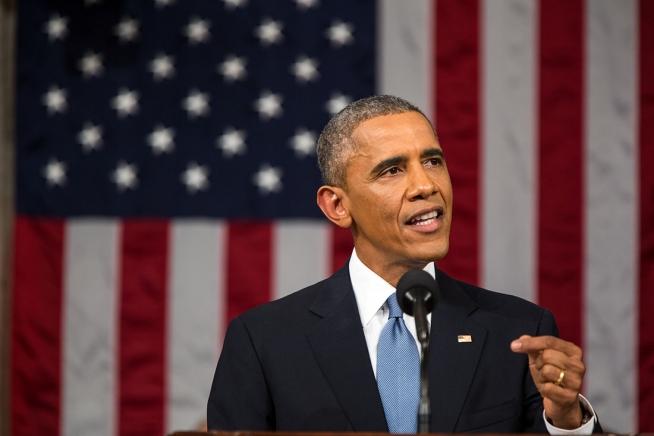
There are about 11.5 million undocumented immigrants in the U.S., according to the legislation recently introduced by the Senate. At Marquette, a student organization called Youth Empowered in the Struggle is making the issue of illegal immigration relevant to students.
YES works to promote good health and community interactions in the Latino youth. Sean Orr, a junior in the College of Arts & Sciences, is an organizer with YES and has been involved in drawing attention to the issue of immigration at Marquette.
“YES will continue to pressure our federal representatives, President Obama and the Department of Homeland Security to respect the basic humanity of the 11.5 million undocumented immigrants,” Orr said.
Last week a bipartisan group of senators, nicknamed the “gang of eight,” outlined a proposal to drastically reform America’s immigration policies, saying “the time has come to fix our broken immigration system.”
The introduction of the legislation outlines a comprehensive four-point plan that, in the eyes of its sponsors, seeks to “ensure that this is a successful, permanent reform to our immigration system that will not need to be revisited,” according to the proposal.
According to the legislation, once these security measures are met, all illegal immigrants will be required to register with the federal government. At this point, any illegal immigrant will have to pass a background check and pay a fine and all back taxes in order to gain probationary legal status.
Grant Silva, assistant professor of philosophy, said he sees fining as a possible point of contention.
“I worry about the fact that the immigration reform proposals seek to levy heavy fines and wait-times against those enticed into our country by free market capitalist ventures,” Silva said.
Individuals with probationary status will go to the back of the line of prospective immigrants, thus starting the process to citizenship. Individuals who have pursued a green card legally will have priority in this process.
Orr, however, said he does not see this resolution as an automatic fix to the problem.
“There cannot be genuine comprehensive immigration reform in this country without a complete moratorium on deportations,” Orr said. “If undocumented immigrants have to wait at the back of a 20-year-long line to be granted residency, they cannot be expected to wait in that line under constant threat of deportations.”
The legislation also acknowledged the high number of immigrants working in the agricultural industry and toward maintaining the safety of the country’s food supply. The workers in this industry will undergo a separate, streamlined process toward citizenship under the legislation.
A day after the plan was introduced, President Obama spoke in Las Vegas about the framework.
“At this moment, it looks like there’s a genuine desire to get this done soon. And that’s very encouraging,” Obama said. “This time, action must follow. We can’t allow immigration reform to get bogged down in an endless debate.”
Obama said the plan was “very much in line with the principles I’ve proposed and campaigned on for the last few years.”
Silva said he was pleased to see some of those platforms being reintroduced in the legislation.
“I’m glad to see the platform of the ‘Dreamers’ being advocated,” Silva said. “How many people decide where to live between the ages of 0 and 10? Even the Bible tells us that children should not be held accountable for their parents’ supposed ‘crimes’ (Ezekiel 18:20).”
The House of Representatives has been working under the radar on its own bipartisan plan as well. Former Republican vice presidential nominee Paul Ryan is supporting the effort and encouraging fellow members to proceed with their own legislation.
House Speaker John Boehner (R) hinted the House would act.
“It’s time to deal with it. I said it the day after the election, I meant it. We’re going to have to deal with it,” Boehner said after a speech last week in Washington D.C.










